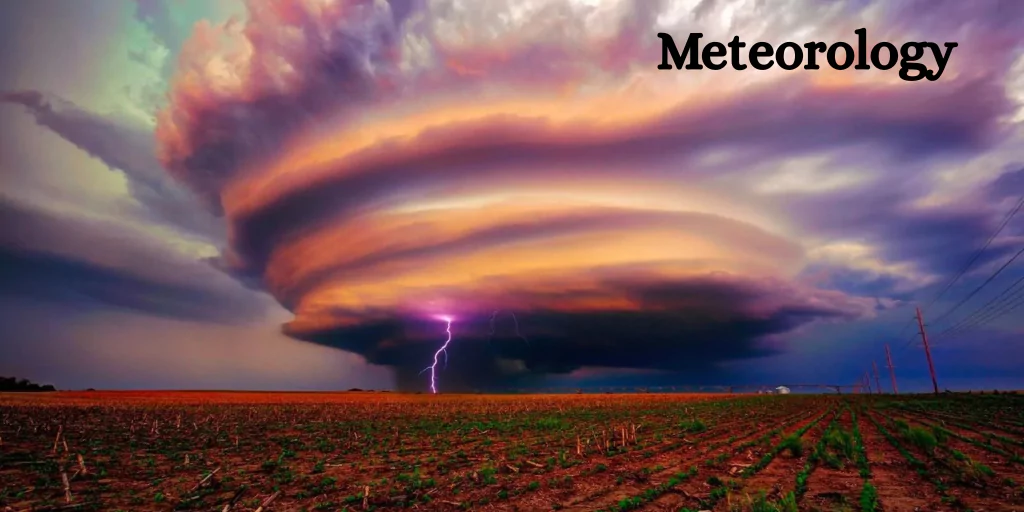Meteorology is the scientific study of the atmosphere, with emphasis on weather processes and climate trends. It teaches us about the ever-changing sky above us—why it rains, how storms form, what causes heatwaves, and how global climate fluctuations affect our daily lives. Meteorology is critical to human existence and advancement, from forecasting future rainfall to investigating long-term climate change.
What is Meteorology?
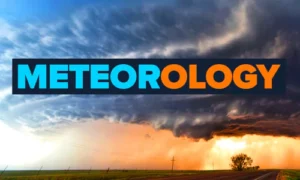
Meteorology deals with the atmosphere and its phenomena. It involves studying air pressure, temperature, wind, humidity, clouds, and precipitation to understand and forecast weather.
There are two main branches:
- Weather Forecasting (Short-term) – Predictions of daily or weekly weather conditions.
- Climatology (Long-term) – Study of average weather patterns over decades or centuries.
Importance of Meteorology
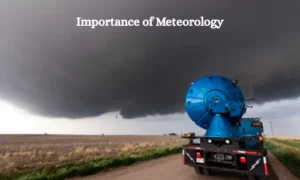
1. Weather Forecasting – Helps predict storms, rainfall, heatwaves, and cold waves.
2. Disaster Management – Provides early warnings for hurricanes, floods, Tsunamis, and cyclones, saving lives and property.
3. Agriculture – Guides farmers on irrigation, crop selection, and harvesting based on weather conditions.
4. Transportation – Aviation, shipping, and road safety rely heavily on accurate forecasts.
5. Climate Change Studies – Helps track global warming, melting glaciers, and rising sea levels.
Tools and Techniques Used in Meteorology
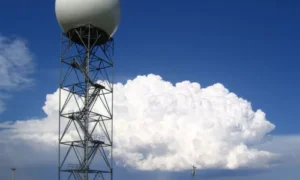
- Satellites – Observe cloud movements and large-scale weather systems.
- Radars – Track rainfall, thunderstorms, and cyclones.
- Weather Stations – Measure temperature, pressure, humidity, and wind speed.
- Supercomputers & Models – Run complex simulations for weather and climate predictions.
Branches of Meteorology
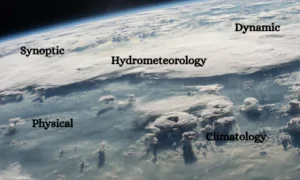
1. Synoptic Meteorology – Large-scale weather analysis using maps and charts.
2. Dynamic Meteorology – Study of atmospheric motion and physical laws.
3. Physical Meteorology – Examines radiation, cloud formation, and precipitation.
4. Climatology – Long-term weather and climate trends.
5. Hydrometeorology – Focuses on rainfall and water cycle studies.
Meteorology in Daily Life
Weather forecasting has an impact on everyone, whether you check the weather app before leaving the house, airlines plan safe routes, or governments prepare for monsoon season. It connects science and society, keeping people safe and informed.
Conclusion
Meteorology is more than just forecasting tomorrow’s rain; it is also about comprehending the Earth’s atmosphere thoroughly. This science has a significant impact on moulding our future, from saving lives during natural catastrophes to investigating climate change. Weather prediction will become ever more accurate and important to humanity as technology improves.


